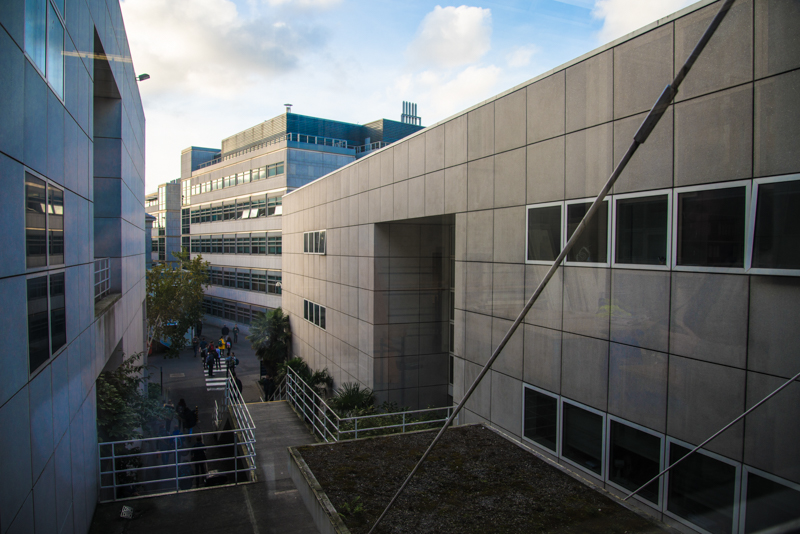Trinity researchers have created a website to give new supports to children with autism and their parents amid the coronavirus pandemic.
The website, called “InterAct”, was developed by academics by Trinity’s School of Psychology, and is aimed at parents and professionals working with autistic children and young people with an intellectual or developmental disability.
It’s designed to support young people faced with big changes – like the current pandemic – in their lives, which they may find difficult to cope with.
But researchers say the information it offers to parents and carers – on the emergency supports they can use in the current circumstances – will mean its usefulness will last beyond the duration of the pandemic.
Prof Olive Healy, an associate professor in the School of Psychology, Trinity College, said in a press statement that the “pandemic has brought significant changes and restrictions to children with intellectual or developmental disabilities”.
Healy said the “loss of familiar routines, structure and access to comforting places along with any face-to-face supports often has resulted in increased stress and anxiety for many families”.
“Our mission is to help people by providing necessary emergency supports that can be used at home by parents and carers”, she added. “We believe that the supports and knowledge provided can continue to help beyond the COVID-19 period.”
In April this year, Prof Mary McCannon, the director of the Trinity Centre for Ageing and Intellectual Disability, warned early on in the country’s lockdown that people with intellectual disabilities were “not getting enough attention” and were more vulnerable to poorer outcomes during and after the pandemic.
Trinity researchers have often found themselves in the headline amid the pandemic, with academic work that’s helped the country as it battles the virus.
Last week, leading Trinity scientists – including Cliona O’Farrelly, Luke O’Neill and Tomás Ryan – signed an open letter that called on the government to adopt a policy aimed at suppressing to zero the number of cases of coronavirus in Ireland.
The letter, which gathered more than 1,000 signatures, warned that Ireland “must not squander” the progress it has made in suppressing the number of coronavirus cases, arguing that re-opening society while cases of the virus still exist will have drastic consequences for both the economy and public health.
It said a government strategy that aims to “get back to ‘normal’ as fast as possible” will cost Ireland far more – in economic and medical terms – than continuing its lockdown in the short-term.







